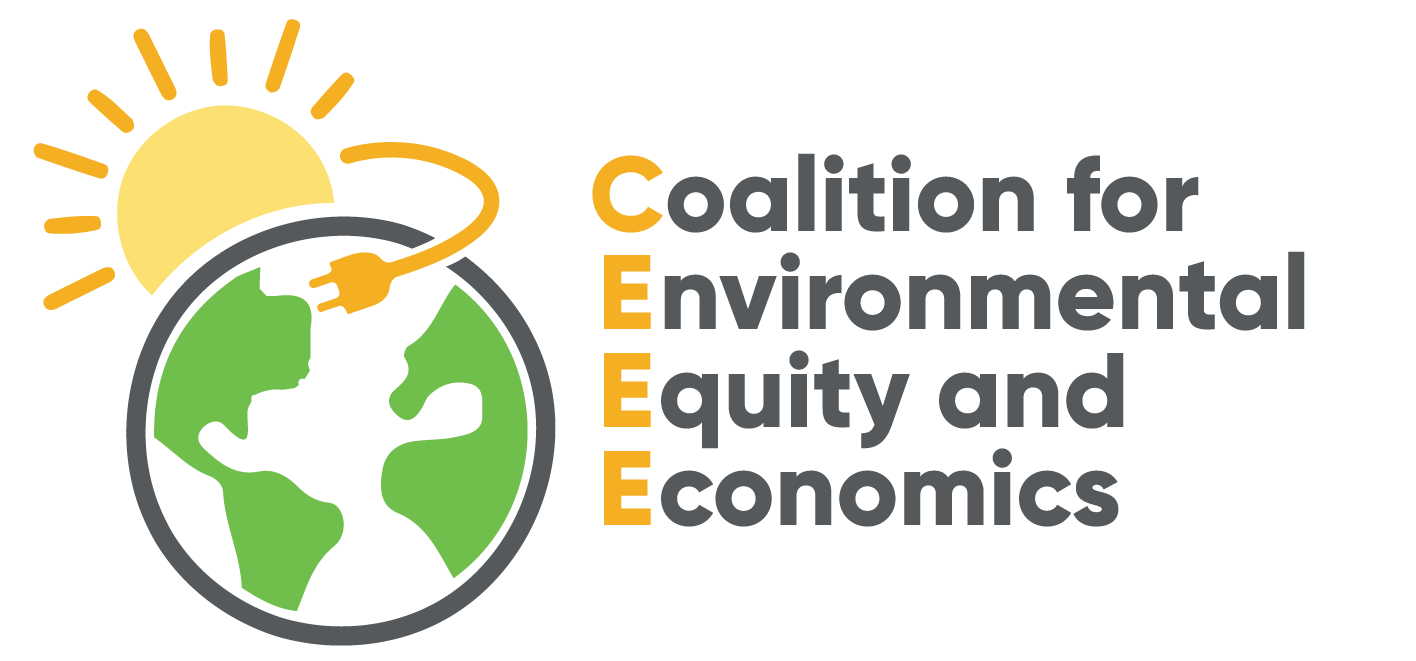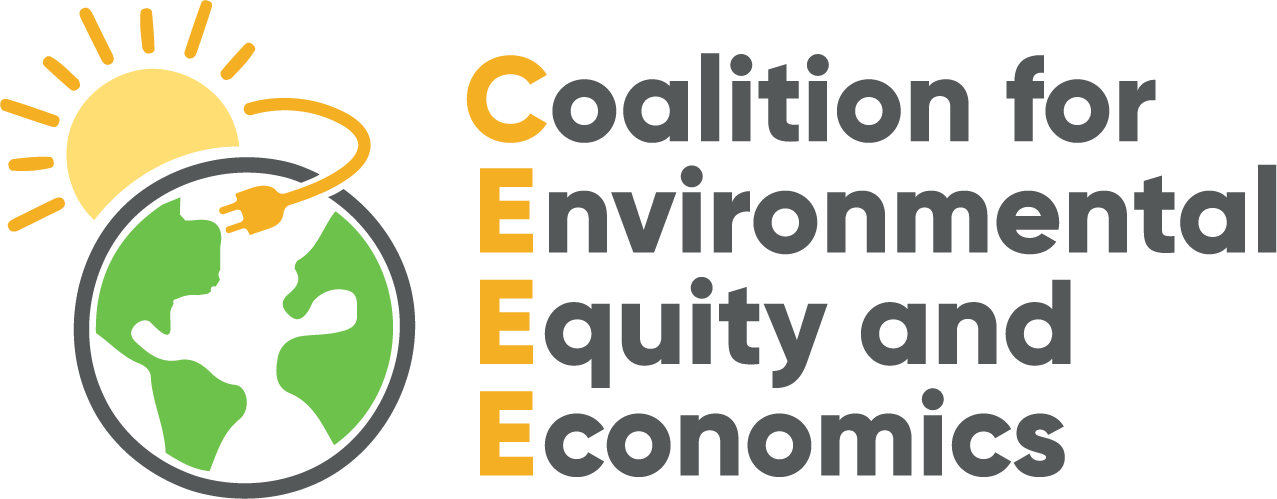
A Venn diagram for a Better World
The Principles of Transformative Energy Society
The “three EEEs” of a transformative energy movement are–environment, equity, and economics. Those elements are all of equal importance–you can’t have a clean environment unless you have social and racial equity, and you cannot have social equity without a sustainable economy.
As environmental justice and energy transformation advocates, we see the these principles as fundamental to our approach to advancing progressive energy policy for frontline EJ communities.
A Clean Environment
Environmental soundness refers to the conservation of natural resources and the reduction of impacts on eco-systems. This environmental pillar is concerned with protecting natural habitats, developing eco-friendly products, conserving resources, ensuring air and water quality, reducing pollutants, and reducing waste.
Social Equity
Social equity is the pillar of the environmental justice movement. Environmental justice seeks to protect the health of frontline communities from the historic effects of industrial pollution. Communities cannot thrive unless their populations are free of polluted air, water, and open spaces. Social equity is simply the dignity of all humans to live in clean and healthy communities.
Economic Feasability
The economic pillar relates to cost. Economic feasibility is required if sustainability is to remain viable in the long term. For example, solutions that are cost neutral (that won’t cost more to implement) are most likely to succeed. The generation of incentives for sustainable practices (such as incentive programs for solar panels or grants for environmental cleanups) is one means of making important economic issues more viable and accessible to the local communities.
Today, we have the technology to make our homes, schools, business, and churches incredibly independent of the utility monopolies. Let’s get a solar panel on every rooftop and an electric car in every driveway. The only thing standing in the way is the political and social will.


